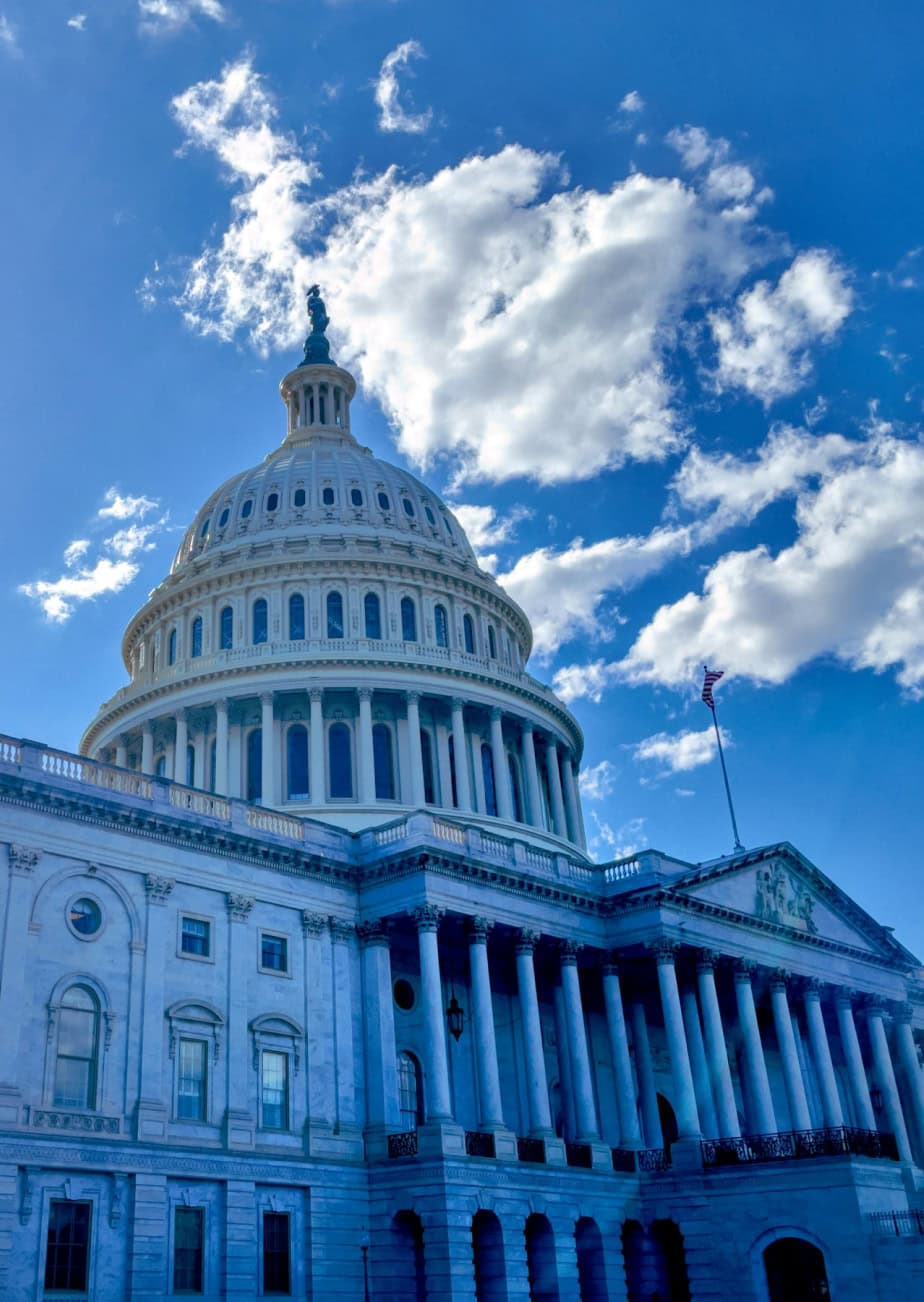This resource was developed as part of the AHA’s Remote Teaching Resources initiative.
Commodity Histories
Sandip Hazareesingh, Principal Investigator
Commodity Histories is a public forum for research postings as well as news and information about the history of commodities. The forum details the rich histories and cultures of Africa, Asia, the Caribbean, and Latin America via their world historical role in crop and other commodity production, past and present. An outgrowth of Commodities of Empire, this is is a community-building project. Available resources include working papers, primary sources, and a bibliography of commodities.
Dig: A History Podcast
Averill Earls, Mercyhurst University; Sarah Handley-Cousins, University at Buffalo; Marissa C. Rhodes, Niagara University; Elizabeth Garner Masarik, SUNY Brockport
Dig: A History Podcast is a narrative-driven, open access, and accessible digital history project bridging the worlds of popular and academic history with an explicitly feminist perspective. Topics include motherhood, childhood, health, medicine, slavery, empire, and war. Educator resource topics include creating a podcast, discussion, debate, source assessment, and writing an episode.
EuroDocs: Online Sources for European History
Richard Hacken, Harold B. Lee Library, Brigham Young University
EuroDocs includes European primary historical documents that are transcribed, reproduced in facsimile, or translated. In addition, there are videos, sound files, maps, images, databases, and other documentation.
Europe’s Literary Response: American Beginnings, 1492-1690
National Humanities Center
Europe’s Literary Response is Part II of “American Beginnings: the European Presence in North America, 1492-1690” at https://nationalhumanitiescenter.org/pds/amerbegin/index.htm. The site offers thematically organized primary resources with notes and discussion questions. The “toolbox” is divided into five topics that include linked texts with explanatory notes. Framing questions can help drive in-class discussion; they may also be assigned for independent reading and assessment in a remote or flipped class. Here, students will consider how Europeans responded to the news of Columbus’ “discoveries” across the Atlantic through the works of Sebastian Brant, Thomas More, John Rastell, Albrect Dürer and more.
Liberté, Égalité, Fraternité
Roy Rosenzweig Center for History and New Media (George Mason University) and American Social History Project (City University of New York)
Liberté, Égalité, Fraternité offers rich resources for student reading and research. The site includes 250 images, 350 text documents, 13 songs, 13 maps, a timeline, and a glossary as well as 12 topical essays. The site’s essay topics include the social causes of the French Revolution, a close look at the connection to and unfolding of the Haitian Revolution, and the global legacies of the revolution.
Smart Histories
Tanil Vasilahu, Madis Maasing, Kerry Kubilius with Sammi Bold, Tony Burnett, Mehak Zaib Suddle
Smart Histories: Compelling Stories of Russian History hosts 36 short videos on Russian history from prehistoric times to the present. Each major era of Russian history includes a transcript of the short video, as well as a Pinterest site with related images, and music from each period. These pages also incorporate additional videos that run from 4 minutes (Lenin’s New Economic policy) to 95 minutes (Ivan the Terrible). Instructors should review resources prior to assignment, as some contain graphic and violent historical material.
The German Studies Collaboratory
The Pulter Project: Poet in the Making
Wendy Wall, Northwestern University and Leah Knight, Brock University
The Pulter Project: Poet in the Making opens a literary window into Early Modern English life, revealing how the work of Hester Pulter (1605-78) might refine understandings of seventeenth-century thought and writing. This site features contextualizing essays as well as images from her manuscript, viewable alongside transcriptions of the poems and peer-reviewed, annotated editions created by a growing team of contributors.
Women Come to the Front: Journalists, Photographers, and Broadcasters During WWII
Library of Congress
Women Come to the Front: Journalists, Photographers and Broadcasters of World War II spotlights eight US women who succeeded in “coming to the front” during the war. By examining private papers and photographs drawn primarily from the Library of Congress collections, students may better understand how women secured a place for themselves in the workplace, in the newsroom, and on the battlefield. This site is most readily applicable to US history courses, but may be put to comparative use in world history surveys, as students investigate global roles and rights of women during WWII.


